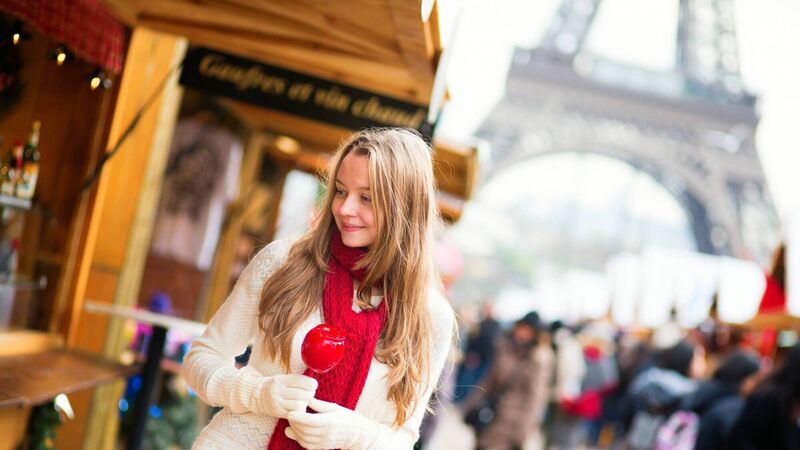American tourists splurge in Paris boutiques as euro slides

The weak euro is a big draw for tourists, particularly Americans, who are flagged as a key growth driver for the European luxury goods sector in the second quarter, according to analysts from Barclays.
American tourist Shawna Wilson says she has splashed out on four dresses at the high-end LVMH-owned department store La Samaritaine in Paris, tempted by the prices as the euro reached parity with the US dollar.
The euro tumbled below $1 on Wednesday for the first time in two decades on fears that rising energy prices triggered by the Ukraine conflict could tip the EU into a prolonged economic crisis.











